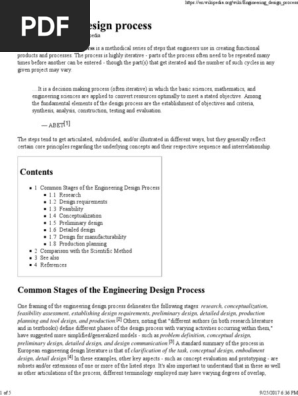0% found this document useful (0 votes)
203 views8 pagesConscience: by Group 5
Conscience is defined as the sense of morality in one's own actions and character. There are different types of conscience including antecedent (before acting), consequent (after acting), right/true, erroneous/false, certain, doubtful, and tender or lax. There are also rules for conscience, including using care to form a true conscience, acting on the command of a certain conscience even if erroneously formed, and never acting with a doubtful conscience. A false conscience can lead one to think something wrong is permissible or a serious sin is not serious.
Uploaded by
Adonis MontalbanCopyright
© © All Rights Reserved
We take content rights seriously. If you suspect this is your content, claim it here.
Available Formats
Download as PPTX, PDF, TXT or read online on Scribd
0% found this document useful (0 votes)
203 views8 pagesConscience: by Group 5
Conscience is defined as the sense of morality in one's own actions and character. There are different types of conscience including antecedent (before acting), consequent (after acting), right/true, erroneous/false, certain, doubtful, and tender or lax. There are also rules for conscience, including using care to form a true conscience, acting on the command of a certain conscience even if erroneously formed, and never acting with a doubtful conscience. A false conscience can lead one to think something wrong is permissible or a serious sin is not serious.
Uploaded by
Adonis MontalbanCopyright
© © All Rights Reserved
We take content rights seriously. If you suspect this is your content, claim it here.
Available Formats
Download as PPTX, PDF, TXT or read online on Scribd
/ 8






















































































